

American Shared Hospital Services provides turnkey technology solutions for advanced radiosurgical and radiation therapy services. AMS is the world leader in providing Gamma Knife radiosurgery services, a non-invasive treatment for malignant and benign brain tumors, vascular malformations and trigeminal neuralgia . The Company also offers the latest IGRT and IMRT systems, as well as its proprietary Operating Room for the twenty first Century concept. Through its equity investment in Still River Systems, AMS also plans to complement these services with the Clinatron-two hundred fifty, proton beam radiation therapy system, which has not yet been approved by the FDA....
+See MoreSharpe-Lintner-Black CAPM alpha (Premium Members Only) Fama-French (1993) 3-factor alpha (Premium Members Only) Fama-French-Carhart 4-factor alpha (Premium Members Only) Fama-French (2015) 5-factor alpha (Premium Members Only) Fama-French-Carhart 6-factor alpha (Premium Members Only) Dynamic conditional 6-factor alpha (Premium Members Only) Last update: Saturday 28 February 2026
2018-11-27 10:37:00 Tuesday ET
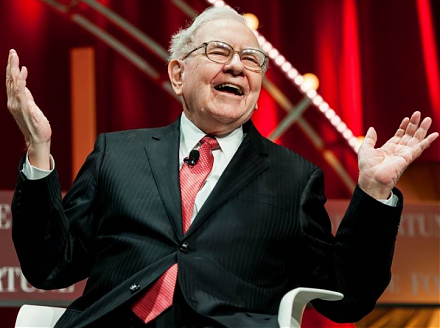
Warren Buffett offloads a few stocks from the Berkshire Hathaway portfolio in mid-November 2018. The latest S.E.C. report shows that the Oracle of Omaha sol
2023-02-28 10:27:00 Tuesday ET
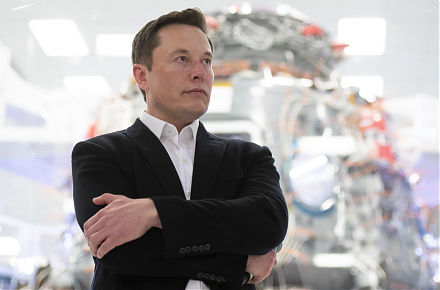
Basic income reforms can contribute to better health care, public infrastructure, education, technology, and residential protection. Philippe Van Parijs
2017-01-17 12:42:00 Tuesday ET
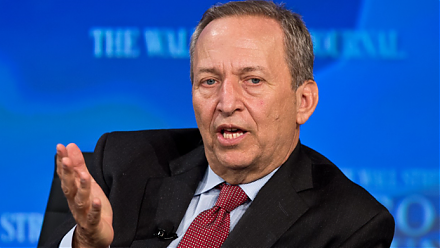
Former Treasury Secretary and Harvard President Larry Summers critiques that the Trump administration's generous tax holiday for American multinational
2017-07-07 10:33:00 Friday ET
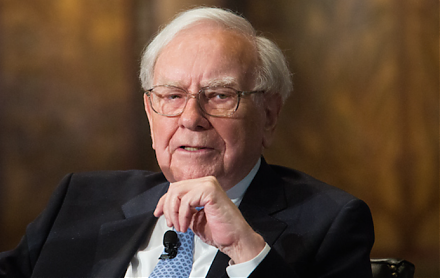
Warren Buffett invests in American stocks across numerous industries such as energy, air transport, finance, technology, retail provision, and so forth.
2019-03-25 17:30:00 Monday ET
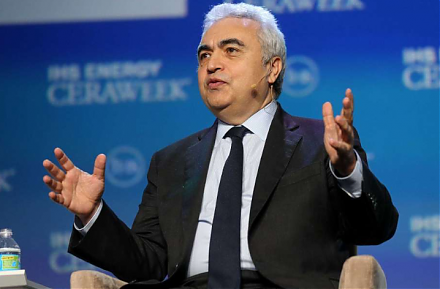
America seeks to advance the global energy dominance agenda by toppling Saudi Arabia as the top oil exporter by 2024. The International Energy Agency (IEA)
2018-05-23 09:41:00 Wednesday ET

Many U.S. large public corporations spend their tax cuts on new dividend payout and share buyback but not on new job creation and R&D innovation. These